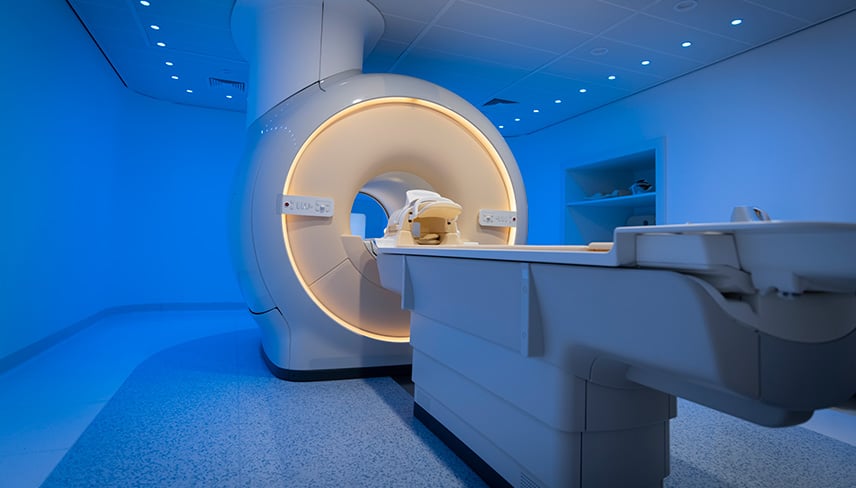Understanding the 510(k) Submission Process

24 Apr 2024
Frequently asked questions from medical device manufacturers
Advances in medical device technology have transformed patient care, from accessing health information and treating chronic illnesses to administering medication and performing complex surgeries. But getting a new medical device to market is no easy feat. In order to market a new medical device in the U.S., manufacturers must first submit a 510(k) or other premarket submission (unless exempt from premarket submission requirements) to the Food and Drug Administration (FDA) to demonstrate that the medical device to be marketed is as at least as safe and effective as a comparable legally marketed device in the U.S. In other words, the manufacturer must show that the new device is substantially equivalent to a predicate device in terms of intended use, technological characteristics, and performance.
As you can imagine, the process can be complicated and difficult to navigate, especially for manufacturers introducing their first medical device. Below I've provided a high-level overview of the 510(k) requirements and process to help simplify it for those who are just getting started.
Who needs to submit a 510(k)?
For a device eligible for clearance through 510(k) pathway, the following categories of parties are required to submit a 510(k):
- Domestic manufacturers introducing a device to the U.S. market
- Specification developers introducing a device to the U.S. market
- Repackers or relabelers who make labeling changes or whose operations significantly affect the device
- Foreign manufacturers/exporters or U.S. representatives of foreign manufacturers/ exporters introducing a device to the U.S. market
However, it's important to note that not all medical devices require a 510(k) submission. Some devices are exempt from premarket notification requirements, while others may require a different type of submission, such as a Premarket Approval (PMA) application, if they pose a greater risk to patients.
What should a 510(k) submission include?
The submission typically includes detailed information about the device, its intended use, its technological characteristics, and any scientific evidence supporting its safety and effectiveness. The FDA reviews the submission to determine whether the device meets the criteria for substantial equivalence. If the FDA determines that the device is substantially equivalent, it can be marketed in the United States.
What are the common pitfalls relating to a 510(k) Submission?
Some common pitfalls we see in 510(k) submissions are incorrect device classification, inadequate discussion of comparison between subject device and predicate device; lack of adequate information on subject device (design, features operating principle, technological description, specifications, etc.); and inadequate or missing testing to name a few. Working with a seasoned 510(k) expert helps avoid these pitfalls.
Are there any other requirements that need to be met to market a 510(k) cleared device?
In addition to gaining a 510(k) clearance (for eligible medical device), sponsor/applicant is required to comply with establishment registration and device listing requirements as well as other medical device regulations such as Quality System Regulations (QSR) and Good Manufacturing Practices (GMP). The applicability of these requirements depends on the device classification.
These are just a few of the questions we encounter from medical device manufacturers when working with them on their 510(k) submissions. Understanding these requirements and the other nuances of the process is imperative for a successful submission. Collaboration with experienced professionals familiar with the intricacies of the process can help streamline efforts and mitigate challenges, ultimately facilitating the delivery of innovative medical solutions to those in need. To learn more about the 510(k) submission process requirements, download our FDA 510(K) Compliance FAQ.

Bhavesh Sheth,
Senior Medical Consultant
Bhavesh is Intertek's lead regulatory consultant and is a trusted partner of many medical device manufacturers seeking regulatory approvals. With his extensive knowledge of global medical device regulations and standards, Bhavesh has guided manufacturers by identifying testing and certification requirements and provided comprehensive support for regulatory submissions.